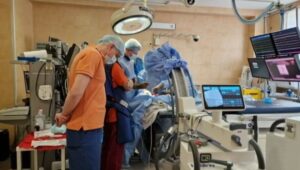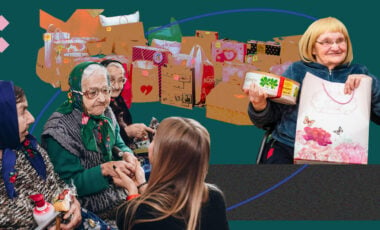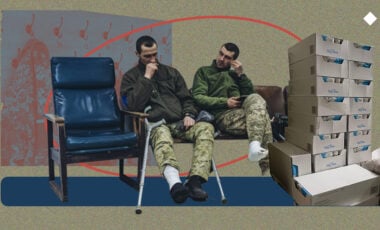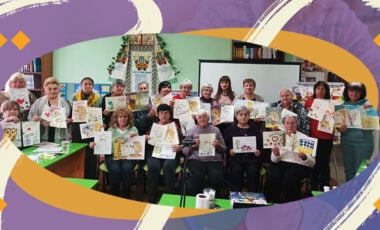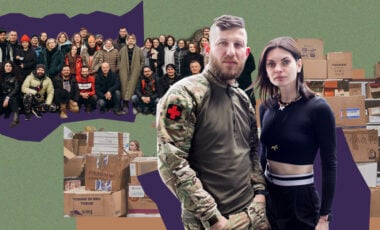United to win: international charity foundation and Ukrainian state institutions launch service system development for war-induced vision loss
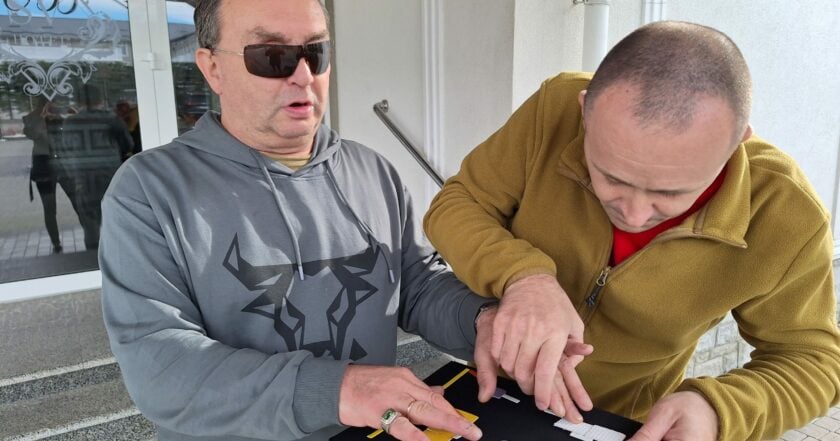
Photo: ICF "Alliance of Public Health"
The International Charitable Foundation "Alliance for Public Health," in collaboration with state institutions and national experts, has commenced the development of a service system for individuals who have lost their sight due to Russia's war against Ukraine.
Rubryka reports this.
What is the problem?
According to the Ministry of Health of Ukraine, approximately 40,000 Ukrainians have experienced complete or partial vision loss since the onset of the full-scale invasion. This loss of sight presents not only a medical issue but also poses significant challenges for social integration. In Ukraine, systematic support for individuals who lose their sight in adulthood has been lacking.
People who are discharged from hospitals after injuries are left without understanding what to do next. They do not know where to turn for help or how to adapt to new realities. Society is not always ready to accept them or provide the necessary conditions for education, work, and independent life.
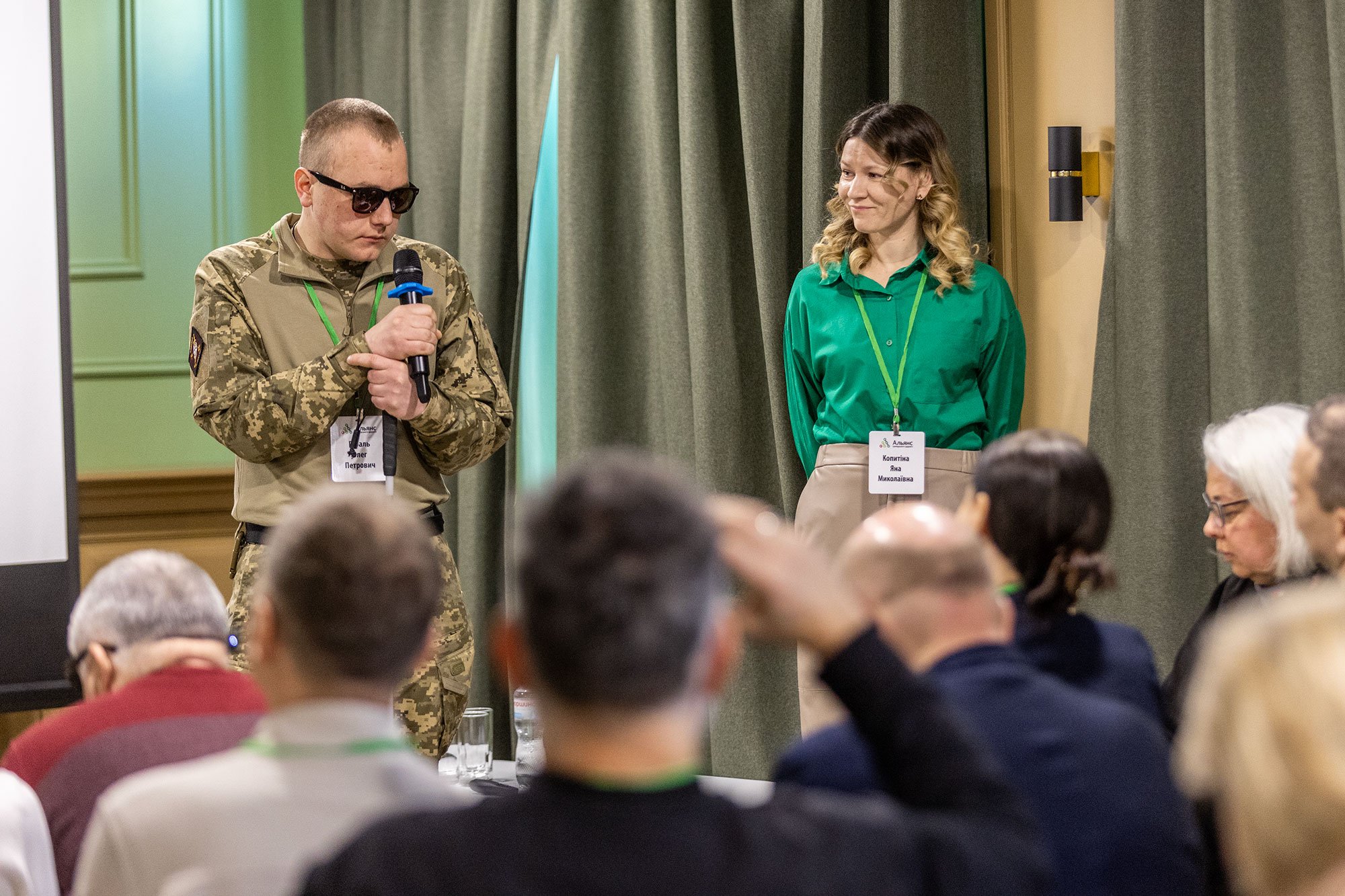
Photo: ICF "Alliance of Public Health"
What is the solution?
To change this situation, the International Charitable Foundation "Alliance of Public Health," together with state institutions and national experts, has begun developing a system for providing services for people who have lost their sight.
The first step was the "Touch Point" project, which helps military and civilian personnel who lost sight adapt to life and gain the necessary skills for independent existence.
The project is focused not only on people with visual impairments but also on their loved ones. Together with the veterans, relatives—wives, parents, brothers, and sisters—underwent training. After all, family support is a key element of successful adaptation.
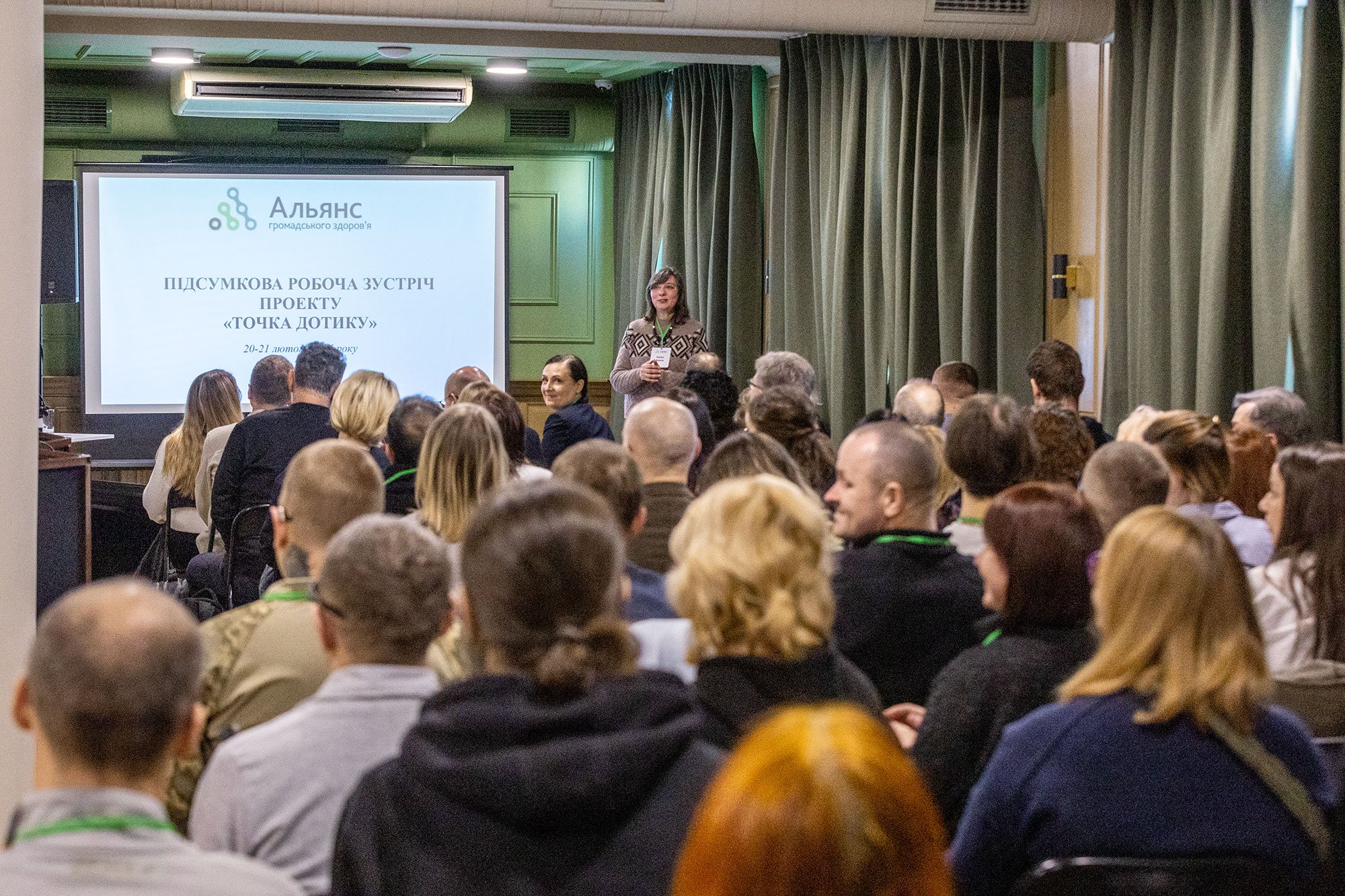
Photo: ICF "Alliance of Public Health"
How does it work?
The training program within the "Touch Point" included:
- Orientation in space – how to move independently using tactile landmarks.
- Social and everyday skills – how to perform everyday tasks and adapt one's living space.
- Mastering special devices – how to use technologies for people with visual impairments.
- Psychological support – help in overcoming fears and gaining self-confidence.
So far, 28 people with vision loss and 28 accompanying persons have completed the training. After completing the course, participants receive support to consolidate the acquired skills in real conditions.
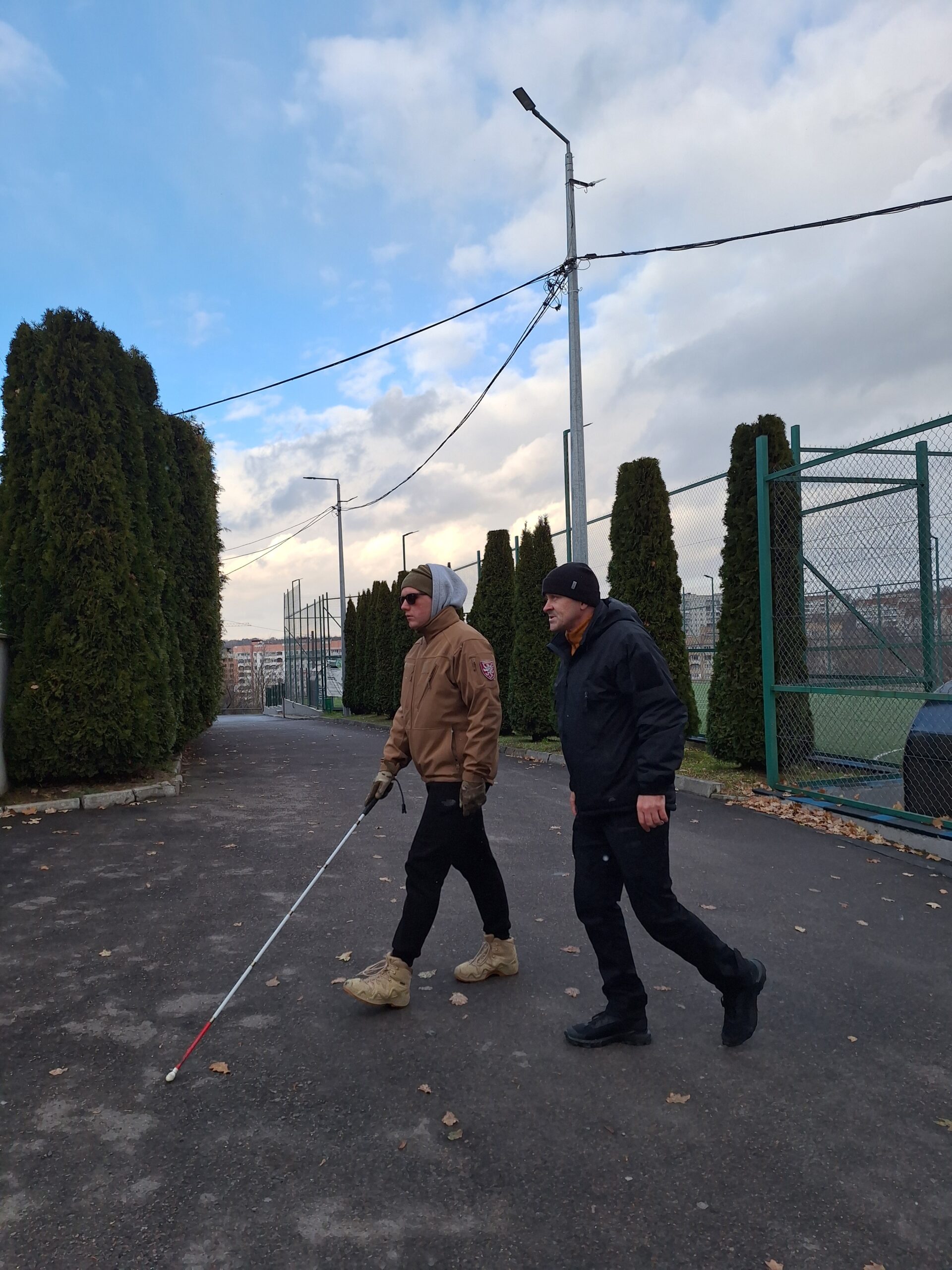
Photo: ICF "Alliance of Public Health"
What will happen next?
The rehabilitation route developed through the project has laid the groundwork for establishing a state support system for individuals with vision loss. By 2025, the plan includes:
- Developing training programs for specialists working with visually impaired individuals.
- Introducing training for professionals in vision rehabilitation and emotional support.
- Expanding the range of services in hospitals to initiate rehabilitation during hospitalization.
- Securing state funding for services aimed at those who have lost their sight.
Local communities will also be involved so that people with visual impairments receive support after returning home. This includes funding for assistants, creating accessible jobs, and adapting the environment.
Why is this important?
"I sincerely hope this is only the first step because we have a lot of systemic work ahead of us. Together with the community, we will integrate these changes into state policy. We aim to ensure that taxpayers at the state and local levels fund these services. We need to build an effective and sustainable model," Tetiana Lomakina, Commissioner of the President of Ukraine for Accessibility, said.
A film detailing the project can be viewed here.




